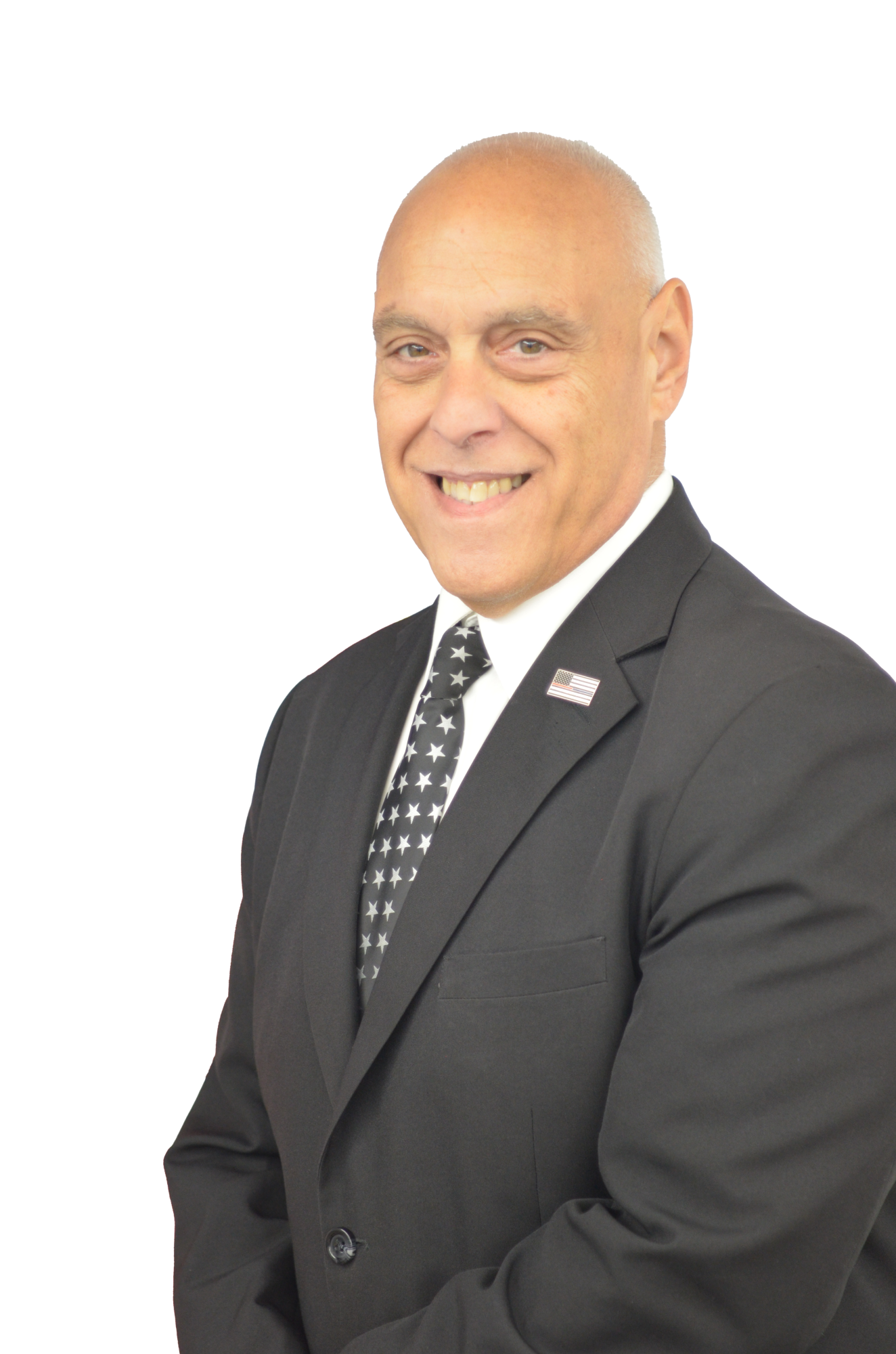Assemblyman DeStefano Condemns $60 Million Cut to Local Road Maintenance
A Statement by Assemblyman Joe DeStefano (R,C-Medford) on the Proposed $60 Million Cut to the Consolidated Local Street and Highway Improvement Program (CHIPS).
“Local roads play a crucial role in our daily lives, serving as vital connections to work, school, health care and our loved ones. As we all know, New York state is notorious for its poorly maintained, pot-hole-riddled roads and appropriately ranks 49th in the nation according to Reason’s 27th Annual Highway Report.
The proposed $60 million cut to the Consolidated Local Street and Highway Improvement Program (CHIPS) will directly impact the safety and functionality of our local roads and bridges, which connect us to every vital part of our daily lives—work, school, doctors, family and friends. The condition of our roads means the difference between getting to our appointments or meetings on time and how fast a police officer or firefighter can reach you or your home in the case of an emergency. It also directly impacts the flow of traffic to local businesses, influencing the economic vitality of our communities.
Additionally, the recent surge in natural disasters and heavy flooding has taken a substantial toll on our Suffolk County roads. We need to make sure Long Islanders can get from point A to point B safely, and we can do so by properly investing in the maintenance of our roads.
I stand with my Assembly colleagues in opposing Gov. Kathy Hochul’s proposed cuts in critical state funding for local roads and bridges in the 2024-25 state budget. CHIPS serves as the primary funding source for local roads and bridges, making it essential to restore the proposed $60 million cut and increase CHIPS base funding by $200 million to bring it to a total of $798.1 million. While this may seem like a substantial investment, it pales in comparison to the long-term cost incurred by New Yorkers. Deficient roads and bridges in the state are already costing motorists an extra $36.7 billion annually, averaging up to $3,697 per driver in certain areas. These costs stem from increased vehicle operating expenses, traffic accidents and congestion-related delays, as reported by TRIP, a national transportation advocacy group. Investing now in our infrastructure is an investment in the safety, well-being and financial stability of our communities.”
